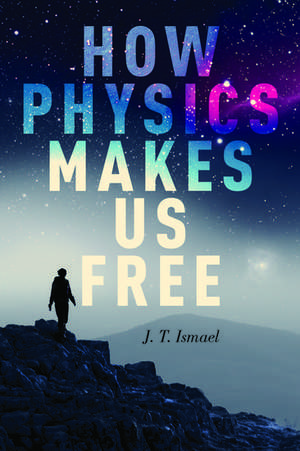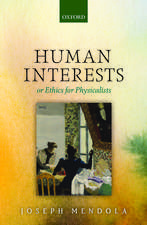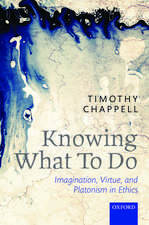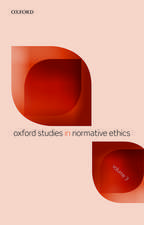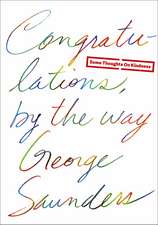How Physics Makes Us Free
Autor J. T. Ismaelen Limba Engleză Hardback – 24 mar 2016
| Toate formatele și edițiile | Preț | Express |
|---|---|---|
| Paperback (1) | 174.07 lei 31-37 zile | +42.91 lei 10-14 zile |
| Oxford University Press – 15 noi 2019 | 174.07 lei 31-37 zile | +42.91 lei 10-14 zile |
| Hardback (1) | 291.83 lei 31-37 zile | |
| Oxford University Press – 24 mar 2016 | 291.83 lei 31-37 zile |
Preț: 291.83 lei
Preț vechi: 328.81 lei
-11% Nou
Puncte Express: 438
Preț estimativ în valută:
55.84€ • 58.46$ • 46.21£
55.84€ • 58.46$ • 46.21£
Carte tipărită la comandă
Livrare economică 25-31 martie
Preluare comenzi: 021 569.72.76
Specificații
ISBN-13: 9780190269449
ISBN-10: 0190269448
Pagini: 288
Ilustrații: 6
Dimensiuni: 236 x 163 x 28 mm
Greutate: 0.54 kg
Editura: Oxford University Press
Colecția OUP USA
Locul publicării:New York, United States
ISBN-10: 0190269448
Pagini: 288
Ilustrații: 6
Dimensiuni: 236 x 163 x 28 mm
Greutate: 0.54 kg
Editura: Oxford University Press
Colecția OUP USA
Locul publicării:New York, United States
Recenzii
Jenann Ismael's book is a strikingly original monograph that somehow manages to be perfectly relevant and highly engaging to both the intelligent lay reader and the professional philosopher. It shows how well done philosophy of science can be relevant for the public at large, even when treating questions that have, of late, suffered from the ravages of analytic metaphysics. The book may be more widely read inside the academy than outside, but those on the outside who read it in full will surely come away with a better opinion of philosophy than they had at the start. Ismael's prose is beautiful, evocative, and full of helpful metaphors and analogies ... It is a book that nobody who cares about how human freedom squares with modern physicalism can afford to ignore.
[a] very welcome contribution to this literature.
[a] very welcome contribution to this literature.
Notă biografică
J.T. Ismael is Professor of Philosophy at the University of Arizona. She is the author of The Situated Self (OUP, 2007) and Essays on Symmetry (2001).
